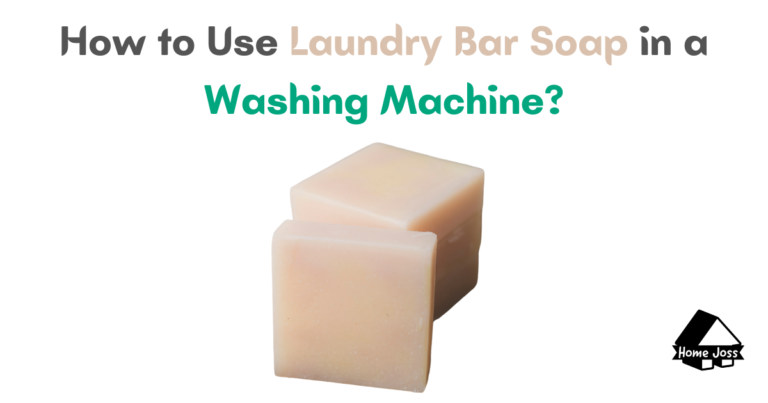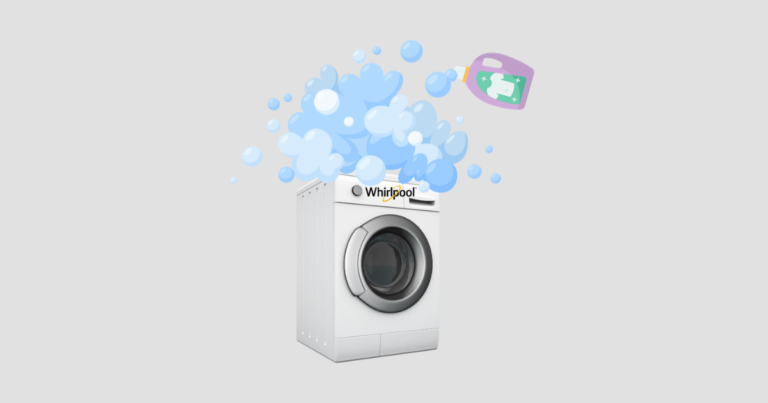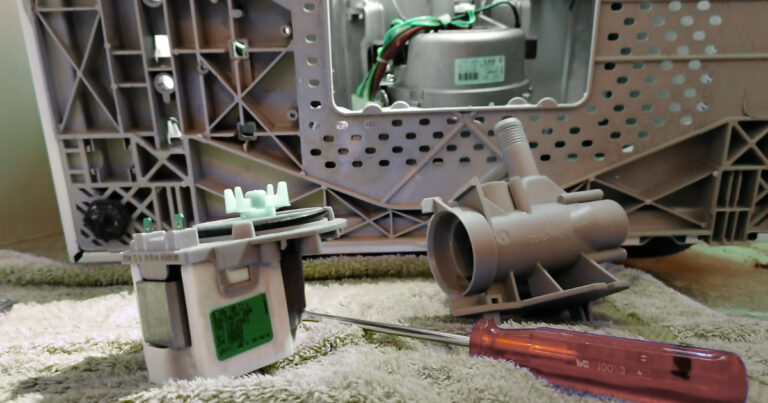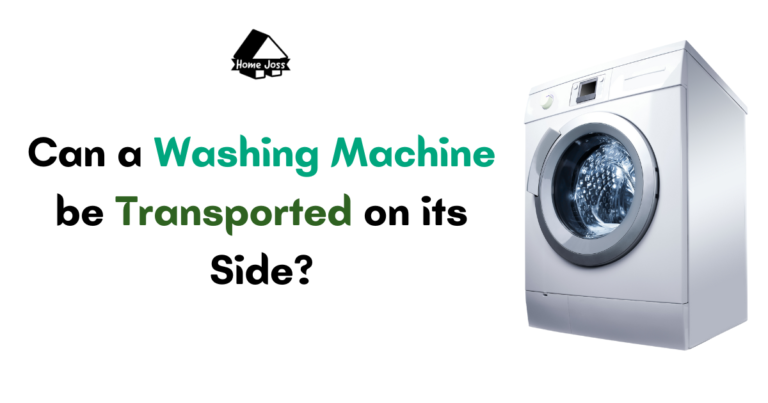If you’ve noticed brown flakes on your clothes after washing, it’s important to address the issue to maintain a clean and well-functioning washing machine.
There are several possible causes for these brown flakes, including lint, dirt build-up, dust, hard water, mildew, fabric softener build-up, excessive soap usage, or never washing with warm or hot water.
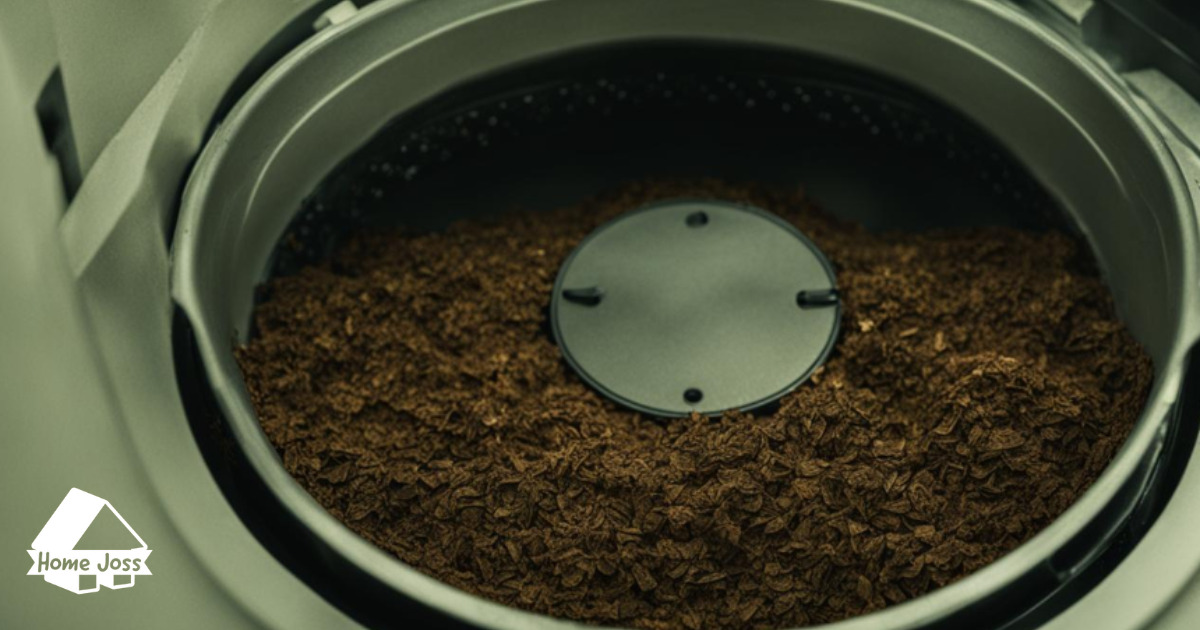
One common cause is a sludge build-up known as ‘scrud’, which occurs when fabric softener combines with washing detergent. This problem is more prevalent in top-loading machines, especially with frequent fabric softener use.
To effectively remove brown flakes, there are several methods you can try. Running empty loads with hot water and vinegar can help break down the build-up. Adding wool balls or baking soda to your wash cycle can also help remove the flakes.
It’s important to avoid using fabric softener during the cleaning process. Additionally, regular maintenance and cleaning can help prevent the formation of brown flakes in the future.
By following these effective methods and taking proactive steps, you can keep your washing machine clean and free from brown flakes, ensuring that your clothes come out fresh and spotless every time.
Causes and Solutions For Brown Flakes in Washing Machines
If you’ve noticed brown flakes in your washing machine, understanding the causes and finding effective solutions is crucial. These brown flakes are typically the result of a build-up known as ‘scrud’, which occurs when fabric softener combines with detergent. This issue is more common in top-loading machines, especially if fabric softener is frequently used.
To address the problem of brown flakes, there are several solutions you can try. One effective method is to run empty loads with hot water and vinegar. The acidity of vinegar helps dissolve the build-up and removes the brown flakes.
Another solution is to use wool balls or baking soda during the wash cycle. These natural alternatives to fabric softener can help prevent the formation of brown flakes.
Regular maintenance and cleaning of your washing machine are also important. By avoiding the use of fabric softener and regularly running maintenance cycles with vinegar or lemon juice, you can keep your machine clean and prevent brown flakes from appearing. It’s worth noting that if the brown flakes are caused by rust or mold, specialized treatments may be needed.
In conclusion, knowing the causes of brown flakes in your washing machine and taking appropriate measures to address them can help you maintain a clean and efficient machine, allowing you to enjoy fresh and stain-free laundry.
Dealing with Iron or Manganese Flakes in Your Washing Machine
If you’re dealing with brown stains or flakes in your washing machine, the culprit might be iron or manganese in your water supply. These minerals can interact with certain components in laundry detergents, causing them to crystallize and form brown flakes. While this issue can occur in both front-loading and top-loading machines, it is more common in top-loading machines due to their design.
To effectively address this problem, a comprehensive approach is necessary. First, consider switching to a detergent brand that doesn’t contain chlorine or active oxygen. This can help minimize the reaction between the minerals and the detergent. Thoroughly cleaning your washing machine and avoiding the use of fabric conditioners can help prevent the formation of brown flakes.
Another solution is to install a water de-ironing station or use a filter. These measures can reduce the presence of iron or manganese in your water supply, thereby minimizing the chances of brown flakes forming in your machine. It’s also a good idea to test your water for oxides and seek professional analysis to gain a better understanding of the underlying cause.
By taking these steps and implementing a comprehensive approach, you can effectively deal with iron or manganese flakes in your washing machine. Remember to adjust your laundry habits, choose appropriate detergents, and regularly clean and maintain your machine to prevent the issue from recurring.
FAQ
What causes brown flakes in the washing machine?
Brown flakes in the washing machine can be caused by lint, dirt build-up, dust, hard water, mildew, fabric softener build-up, excessive soap usage, or a sludge build-up known as ‘scrud’ when fabric softener combines with washing detergent.
How can I remove brown flakes from my washing machine?
To remove brown flakes, you can try running empty loads with hot water and vinegar, using wool balls or baking soda, and avoiding fabric softener. Regular maintenance and cleaning can help prevent the formation of brown flakes in the future.
Are brown flakes more common in top-loading machines?
Yes, brown flakes caused by the interaction between fabric softener and detergent, known as ‘scrud’, are more prevalent in top-loading machines, especially if fabric softener is frequently used.
What if the brown flakes are caused by rust or mold?
If the brown flakes are caused by rust or mold, specialized treatments may be required. Addressing the root cause of brown flakes, such as adjusting laundry habits and using appropriate detergents, can help prevent the issue from recurring.
Can iron or manganese in the water supply cause brown flakes?
Yes, iron or manganese in the water supply can crystallize and stick together when combined with laundry detergents, resulting in the formation of brown flakes. This issue can occur in both front-loading and top-loading washing machines.
How can I deal with iron or manganese flakes in my washing machine?
To address this problem, consider changing detergent brands or opting for products without chlorine or active oxygen. Cleaning the washing machine thoroughly and avoiding the use of fabric conditioners can also help. Installing a water de-ironing station or using a filter can minimize the presence of iron or manganese in the water and prevent the formation of brown flakes.

